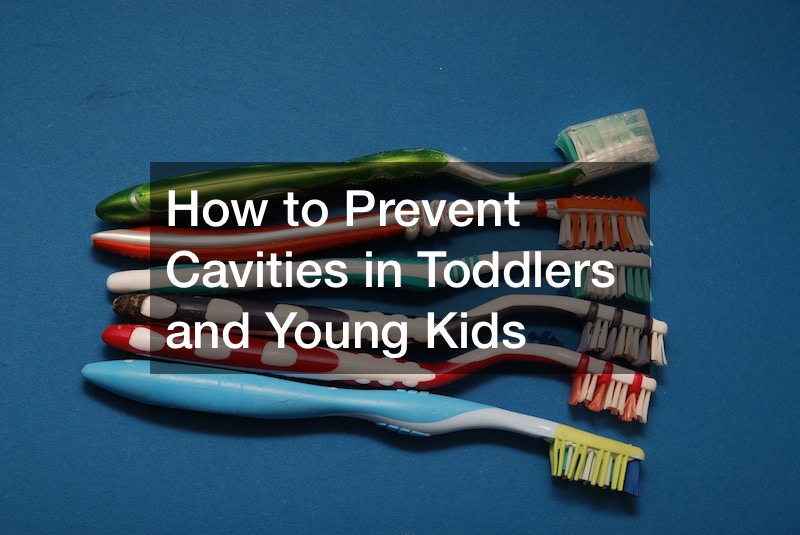Make sure you are checking your flossing and your brushing for food debris. Bacteria are broken into harmful acids which cause cavities. Do not ignore the role of bacteria in the development of cavities when you are looking for ways to reduce the risk of developing dental cavities among toddlers and younger youngsters in your home.
5. The fluoride supplement can be added to your food
Water fluoride is an essential element of dental care, however there may be a shortage in specific areas. If you find that your water is not rich in fluoride, talk to your dentist. It is also possible to inquire about sealing varnishes for your teeth or fluoride from a specialist of cosmetic dentistry in order to address lack of fluoride.
6. Schedule dental visits
If you’re not sure what you can do to prevent cavities from becoming a problem for your toddler, it is possible to consult dental professionals. Your child can be assured for the best treatment and diagnostics to treat their dental condition.
7. Treatment
Treatment is the last preventive intervention for tooth cavities. Do it before it’s too for too late. Your child’s dental health won’t be affected if you go to the dentist. During treatment, the teeth that are decayed are removed and replaced with the cosmetic filling, following thorough clean.
Treatment of tooth-cavities during toddlers and preschoolers
While looking at ways to reduce the risk of tooth decay for young children, it is important to look into the possibility of treatment. It’s based on the sign-ups, time of the year, severity of the disease, and the overall health of your child.
In the majority of instances, the portion of the tooth that has decay will be extracted and replaced by an enamel filling. This procedure is known as restoration. There are three distinct types of fillings used for treating tooth cavities.
Restorations in indirect ways
They involve at least two visits. They comprise inlays, onlays, by using veneers, crowns and crowns. Materials made of gold or alloys of metal or the cer
fj11bjqlmz.
